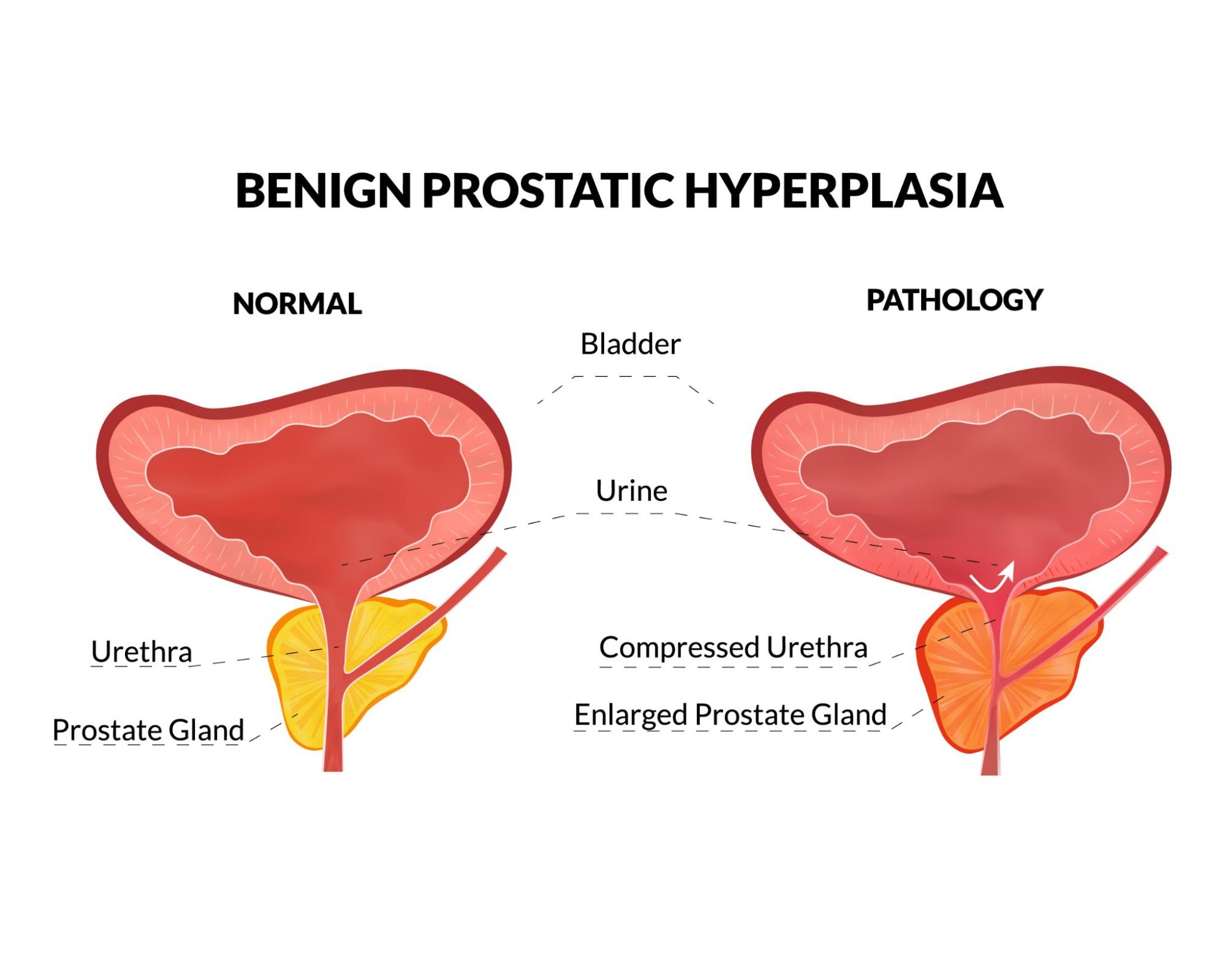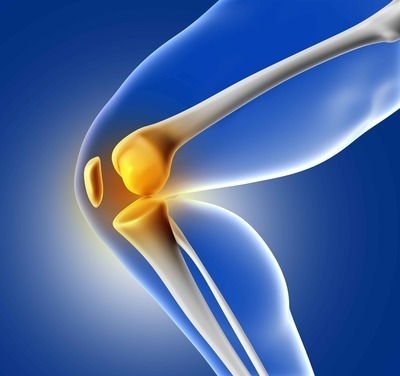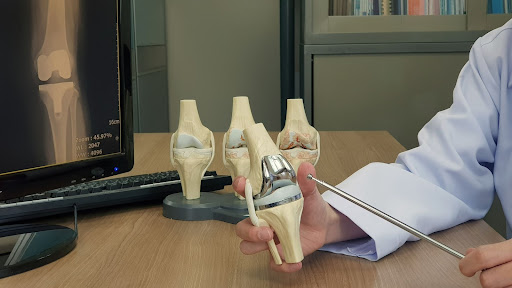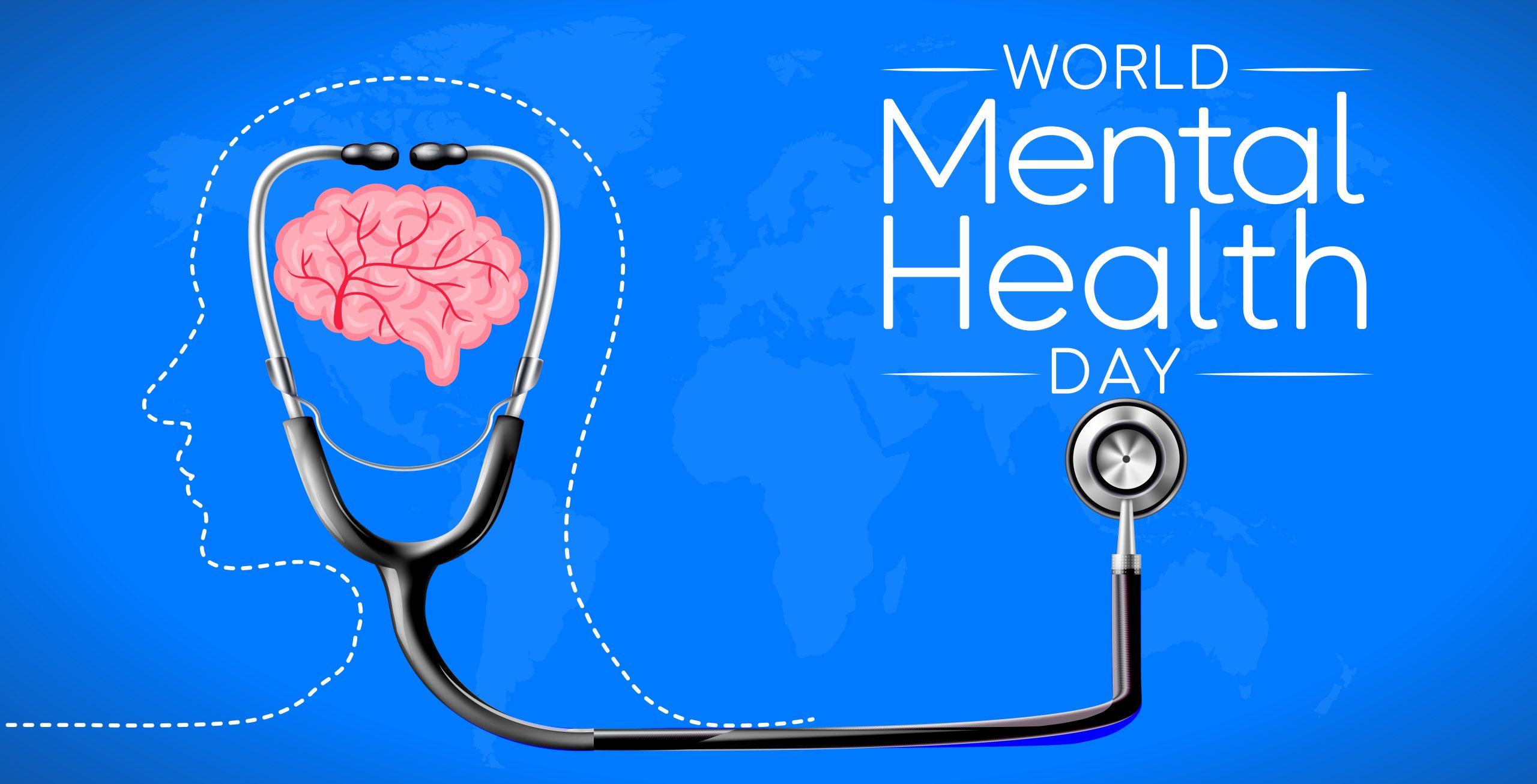Benign Prostatic Hyperplasia / Urology
Recognizing the Early Signs of Benign Prostatic Enlargement

by admin
14th August 2023
8 minutes read
A Comprehensive Guide to Enlarged Prostate Symptoms and Treatments
As men age, many begin to experience troubling urinary symptoms that are often linked to a common condition known as benign prostatic hyperplasia (BPH), or an enlarged prostate. These symptoms can range from mild to severe and, if left untreated, can significantly impact the quality of life. In this blog post, we’ll delve deep into the enlarged prostate symptoms, prostate enlargement treatments, and how to be proactive in your approach to maintaining prostate health.
Understanding Benign Prostatic Hyperplasia (BPH)
Before we proceed, it’s essential to understand what benign prostatic hyperplasia is. BPH refers to a non-cancerous enlargement of the prostate gland. The prostate is a small gland, about the size of a walnut, located just below the bladder in men. Its primary function is to produce seminal fluid, which transports and nourishes sperm.
As men age, the size of the prostate can increase, a condition we refer to as an enlarged prostate. In many cases, this enlargement doesn’t cause symptoms or complications. However, when the prostate grows large enough to press against the urethra (the tube that carries urine from the bladder out of the body), it can cause various urinary symptoms that signify prostate problems.
Early Signs of Enlarged Prostate
Early detection of enlarged prostate symptoms can help manage the condition and prevent complications. Some of the most common signs of enlarged prostate include:
- Increased frequency of urination, especially at night.
- Difficulty starting and maintaining a steady stream of urine.
- Weak urine flow or a stream that stops and starts.
- A feeling of not being able to completely empty the bladder.
- Urgency to urinate and difficulty postponing urination.
- A burning sensation or pain during urination.
These symptoms can also be signs of other prostate problems, so it’s essential to see a healthcare professional for an accurate diagnosis. In some cases, symptoms may not appear until the prostate has grown significantly, emphasising the importance of regular prostate health check-ups, particularly for men over the age of 50.
Causes of an Enlarged Prostate
The precise causes of an enlarged prostate, or benign prostatic hyperplasia (BPH), are not completely understood, but there are several factors that researchers believe contribute to the condition:
- Age: BPH rarely causes symptoms before the age of 40, but the probability significantly increases as men get older. Over half of men in their 60s, and as many as 90% in their 70s and 80s, have symptoms of BPH.
- Hormonal Changes: As men age, hormonal changes occur that might stimulate prostate growth. For example, levels of active testosterone decrease, while other hormones like oestrogen and dihydrotestosterone (a metabolite of testosterone) might increase. The higher levels of these hormones in the prostate may stimulate cell proliferation, leading to prostate enlargement.
- Genetic Factors: Men who have a family history of BPH are more likely to develop the condition. If your father or brother has BPH, you’re more likely to have it as well.
- Ethnic Background: BPH is more common in some ethnic groups. For example, it’s more common among black and white men than among Asian men.
- Lifestyle Factors: While research is still ongoing, some studies suggest that diet and lifestyle might influence BPH. Men who are obese or have diabetes, for example, might be more likely to develop BPH. It’s also suggested that men who engage in regular physical activity are less likely to develop BPH, but more research is needed to confirm this.
Associated Medical Conditions: Certain medical conditions such as heart and circulatory diseases, diabetes, and obesity may increase the risk of BPH.
Benign Prostatic Hyperplasia (BPH) Symptoms and Complications
Benign prostatic hyperplasia (BPH), or enlarged prostate, manifests through a variety of symptoms that primarily affect urination. It’s important to note that the size of the prostate doesn’t always correlate with the severity of the symptoms. Some men with a significantly enlarged prostate may have minor symptoms, while others with a lesser degree of enlargement may have severe symptoms.
Here are some of the common symptoms associated with BPH:
- Frequent urination: This is often the most noticeable symptom, with a particular emphasis on nocturia, or the need to urinate frequently during the night.
- Difficulty starting urination: Known as hesitancy, this involves trouble starting a urine stream, even when the need to urinate is strong.
- Weak urine stream or a stream that stops and starts: Many men with BPH notice a decrease in the force of their urine stream or experience a stop-and-start flow.
- Urinary urgency: This is the sudden, strong need to urinate immediately.
- Incomplete bladder emptying: A feeling that the bladder isn’t completely empty even after urination.
- Dribbling at the end of urination: This symptom is characterized by an extended dribble following the main urine stream.
If BPH is left untreated, it can lead to a range of complications. These include:
- Urinary Tract Infections (UTIs): When the bladder doesn’t empty properly, it can lead to infections in the urinary tract.
- Bladder stones: These are hard pieces of mineral that form in the bladder when it isn’t regularly emptied. They can cause infections, bladder irritation, and blood in the urine.
- Bladder damage: Chronic retention of urine can make the bladder stretch. Over time, this can weaken the bladder muscles and lead to conditions such as overflow incontinence.
- Kidney damage: In severe cases, BPH can cause kidney damage. This occurs when the high pressure in the bladder due to retained urine causes back pressure into the kidneys.
- Acute urinary retention: This is a sudden and painful inability to urinate, which requires immediate medical attention.
While these symptoms and complications can be worrisome, it’s crucial to remember that effective treatments are available. If you are experiencing these symptoms, consult with a healthcare professional who can help determine the best course of treatment.
Related Information: kidney stone operation cost in india
Prostate Enlargement Treatment
Thankfully, a range of BPH treatments is available. The right one for you will depend on the severity of your symptoms, the size of your prostate, your age, and overall health.
Medications are often the first line of defence. Prostate medicines, including alpha-blockers and 5-alpha-reductase inhibitors, can help reduce symptoms and halt further prostate growth. For some, benign prostatic hyperplasia medication alone is enough to manage the condition.
However, in more severe cases or when medication isn’t effective, various surgical procedures can help. These procedures range from minimally invasive ones to more significant surgeries, depending on the degree of prostate enlargement.
Bottom Line
In conclusion, benign prostatic hyperplasia is a common condition in aging men. Regular check-ups are crucial, especially if you’re above 50 or have a family history of prostate problems. Remember, an enlarged prostate is not life-threatening, but it can impact your quality of life if left untreated. Hence, being aware of the early signs of an enlarged prostateand seeking prompt treatment is the key. Always consult your healthcare professional for personalized advice based on your health status and needs.
How can Medfin help?
Medfin, wave goodbye to hassles and concentrate on your health, especially when dealing with Benign Prostatic Enlargement. We take care of the details, ensuring a smooth experience, so you can prioritize your well-being without any worries. Trust Medfin for a hassle-free journey towards managing and treating Prostatic Enlargement.
FAQs
Some herbal supplements, such as saw palmetto, have been studied for their potential benefits in managing BPH symptoms. However, it’s essential to consult a healthcare professional before using any supplements to ensure safety and effectiveness.
Prostate screenings, such as a digital rectal examination (DRE) and prostate-specific antigen (PSA) test, are recommended for men over 50, even if they have no symptoms. Early detection of prostate issues, including cancer, can lead to better treatment outcomes. However, the decision to undergo screening should be discussed with a healthcare provider based on individual risk factors.
Yes, certain lifestyle factors can play a role in prostate enlargement. Lack of physical activity, obesity, and a diet high in red meat and low in fruits and vegetables may contribute to the risk.
While you can’t entirely prevent prostate enlargement, you may reduce the risk or alleviate symptoms by maintaining a healthy lifestyle, including regular exercise and a balanced diet.
No, prostate enlargement (BPH) itself does not increase the risk of developing prostate cancer. However, some symptoms of BPH may mimic those of prostate cancer, so it’s essential to get a proper evaluation by a healthcare professional.
CATEGORIES
- ACL Reconstruction
- Anal Fissures
- Anal Fistula
- Appendicitis
- ASK A DOCTOR
- Benign Prostatic Hyperplasia
- Breast Lump Excision
- Cataract
- Circumcision
- Conditions & Diseases
- Cosmetology
- Covid-19
- Cure
- Endocrinology
- ENGLISH VIDEOS
- Eye Care
- Gallstones
- General Surgeries
- Government Schemes
- Gynaecology
- Gynecomastia
- Health
- Health Insurance
- Hernia
- Hindi
- Hip Arthoscopy
- Hip Replacement
- Hip Replacement Surgery
- Hydrocele
- Kannada
- Kidney Stones
- Knee Arthroscopic
- Laparoscopic
- LASER
- Latest Treatments
- Lifestyle
- Liposuction
- Medfin Stories
- Medicine
- Nephrology
- Ophthalmology
- Orthopaedic
- Paraphimosis
- Patient Testimonials
- PCL Reconstruction
- Phimosis
- Piles (Hemorrhoids)
- Pilonidal Sinus
- Proctology
- Prostate Artery Embolization
- Rhinoplasty
- Second Opinion
- Total Knee Replacement
- Urology
- Uterine Artery Embolization
- Uterine Fibroids
- Varicocele
- Varicose Veins
- Vascular
- VIDEOS







